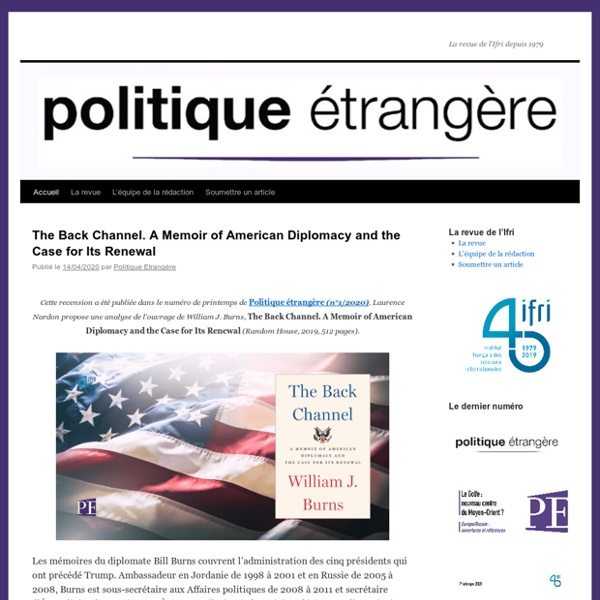



RCS Front The Blue Economy | Paradigm Publications The Blue Economy began as a project to find 100 of the best nature-inspired technologies that could affect the economies of the world, while sustainably providing basic human needs - potable water, food, jobs, and habitable shelter. Starting with 2,231 peer review articles Dr. Pauli and his team found 340 innovations that could be bundled into systems that function the way ecosystems do. These were then additionally reviewed by a group of corporate strategists, expert financiers, and public policy makers. Further meetings with entrepreneurs, financial analysts, business reporters, and corporate strategy academics reduced the list to one hundred. Many of the innovations inspired by nature are so interesting by themselves it is easy to forget that the key to the book is their integration with real world economies as ways to provide sustainable benefits to the commons. Below are "in-a-nutshell" descriptions of the chapters with very brief examples. Three - Nature's Resource Efficiency
Zero Emissions Research and Initiatives On April 6, 1994 Gunter Pauli arrived in Tokyo at the invitation of Heitor Gurgulino de Souza, then Rector of the United Nations University who with the support of the Japanese Government decided to create a think tank which was to imagine a competitive business model in a world guided by the Kyoto Protocol. Twenty years later, the philosophy of zero emissions, where waste is converted to revenues, and unused yet widely available resources are cascading into a chain of value generation, can look back at nearly 200 implemented projects, the generation of €4 billion in investments and an impact as a concept that created to an estimated 3 million jobs. The most widely copied project is the farming of mushrooms on coffee (+1,000), the most advanced is the biorefinery with the inauguration of the first and second phase in Porto Torres, Italy in a few months. After all, whatever we pioneer, we need to inspire the next generation, pioneering beyond what we could ever imagine.